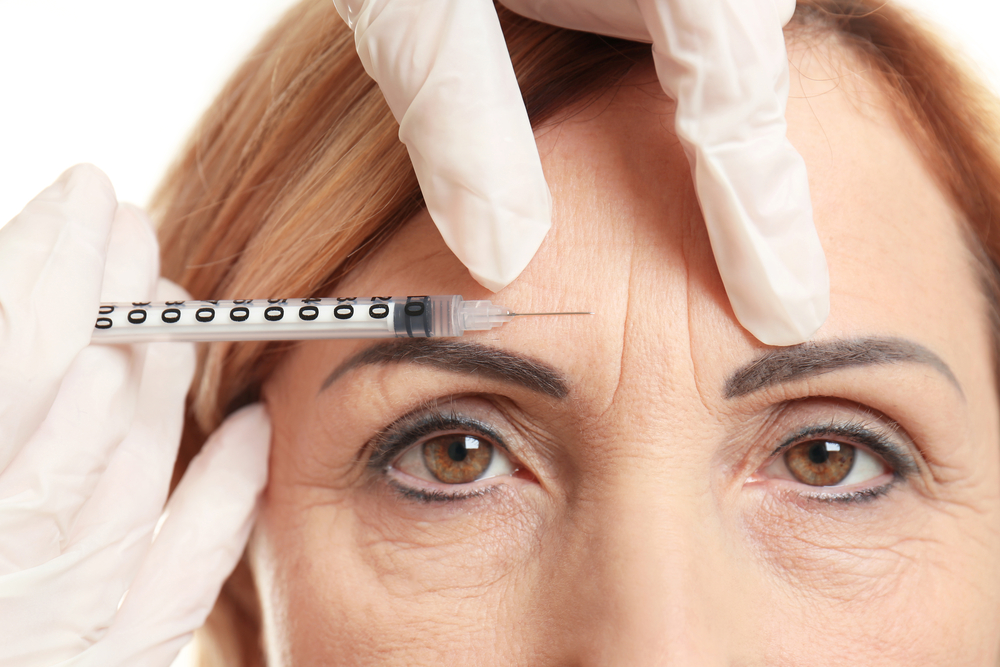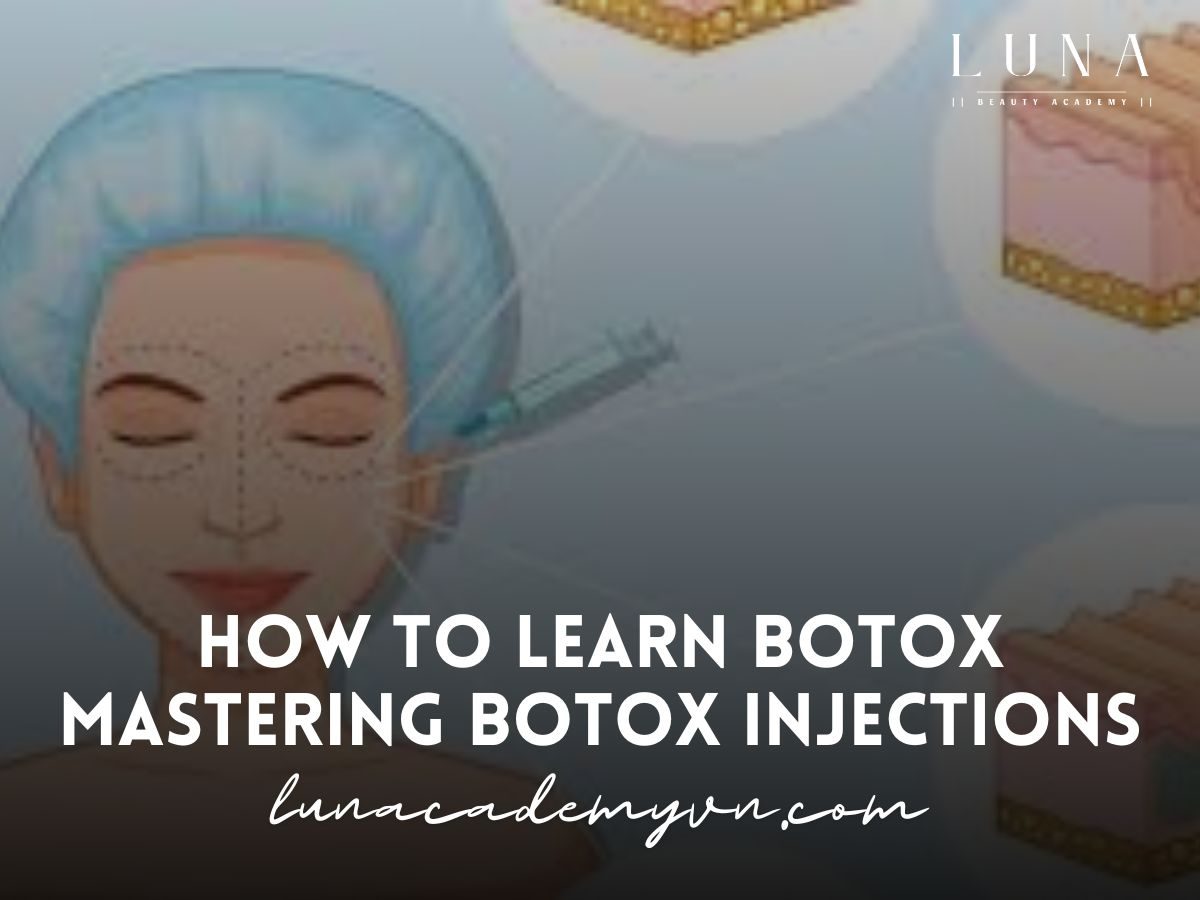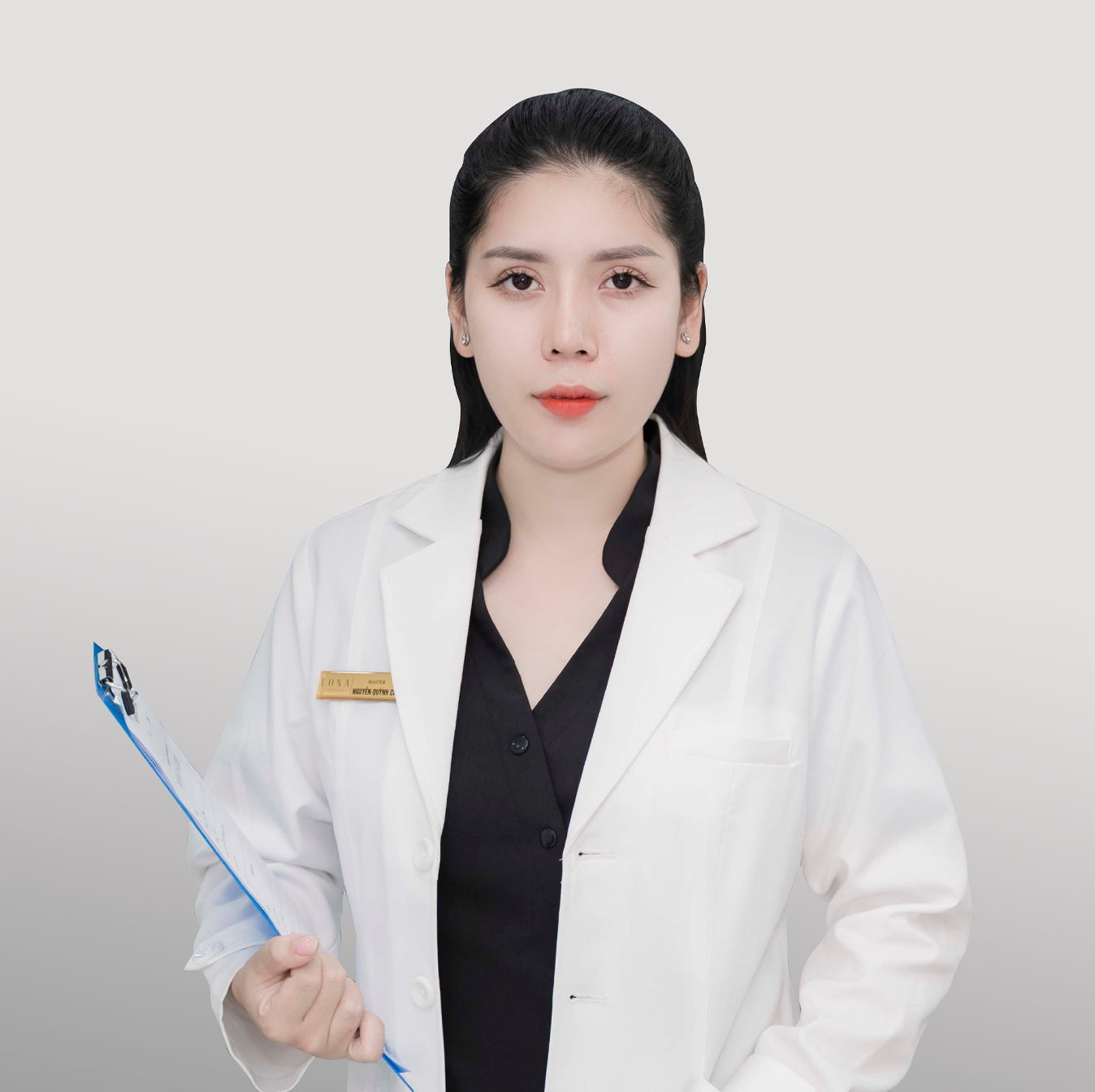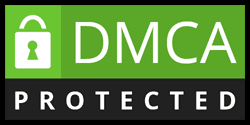Botox has become one of the most sought-after non-surgical cosmetic treatments in the world. With its ability to smooth wrinkles, lift brows, and enhance facial features, Botox offers numerous benefits for those looking to rejuvenate their appearance without undergoing invasive surgery. But as Botox becomes increasingly popular, the demand for skilled and certified professionals to administer these treatments also rises. If you’re considering a career in aesthetic medicine or want to expand your practice’s offerings, learning Botox is a valuable investment.
In this guide, we will explore how to learn Botox, what’s involved in Botox training, and why it’s crucial for you to gain certification to perform Botox injections safely and effectively.
Table of Contents
ToggleWhy Learn Botox?

How to Learn Botox: Mastering Botox Injections
Before diving into the specifics of training, it’s important to understand why learning Botox is a smart career move. The popularity of Botox and other injectable treatments has skyrocketed in recent years. More and more people are seeking out non-surgical options to look younger and more refreshed, making Botox one of the most requested cosmetic treatments globally.
1. High Demand for Botox Providers
As Botox continues to gain popularity, so does the need for qualified injectors. Whether you are a nurse, doctor, dentist, or even a beauty professional, learning Botox can significantly expand your skillset and allow you to offer a valuable service to your clients.
2. Earning Potential
Botox injections can be a lucrative service to offer. With the ability to charge per treatment or per unit of Botox used, injectors have the opportunity to earn a competitive income. Additionally, offering Botox as part of your practice can increase customer retention, attract new clients, and allow you to diversify your offerings.
3. Non-Surgical Aesthetic Treatments
Many people are opting for non-invasive aesthetic treatments to enhance their appearance without undergoing surgery. Botox provides an excellent option for those who want noticeable results without the need for a lengthy recovery time or the risks associated with surgery. Learning Botox allows you to provide a safe, effective, and low-risk option for clients seeking rejuvenation.
4. Expand Your Practice
For existing healthcare providers such as dermatologists, plastic surgeons, and dentists, adding Botox to your repertoire can be a strategic way to broaden your services and attract a wider client base. By learning Botox, you can enhance your practice and provide your patients with the latest in non-invasive cosmetic treatments.
What You’ll Learn in Botox Training
How to Learn Botox: Mastering Botox Injections
To learn Botox, it’s essential to enroll in a reputable training program that offers a comprehensive curriculum. Certified Botox training programs are typically designed to provide students with the skills and knowledge they need to perform Botox injections safely and effectively. Here’s what you can expect from a well-structured Botox training course:
1. Facial Anatomy
A solid understanding of facial anatomy is essential when learning Botox. Botox is injected into specific muscles, and understanding how these muscles work is crucial for ensuring effective and safe treatment. During your training, you’ll learn about the anatomy of the face, including the muscles that are involved in wrinkle formation and the muscles you will target during treatment.
2. Botox Mechanism of Action
To learn Botox effectively, it’s important to understand how Botox works. Botox is a botulinum toxin that temporarily blocks signals from the nerves to the muscles. This prevents the muscles from contracting, resulting in the smoothing of wrinkles and lines. Your training will cover the science behind Botox, how it interacts with the nervous system, and the physiological processes involved in achieving optimal results.
3. Injection Techniques
Mastering the correct injection technique is a crucial part of learning Botox. The course will teach you how to inject Botox into the appropriate muscles to achieve the best cosmetic results. You’ll learn about the depth of the injection, the appropriate injection sites, and how to calculate the number of units required for each treatment area. It’s important to practice proper technique, as incorrect placement of the Botox can lead to undesirable results, such as drooping eyelids or uneven results.
4. Botox Dosage and Units
A key part of learning Botox is understanding the correct dosage. Botox is measured in units, and knowing how many units to use for each area of the face is essential for achieving natural-looking results. For example, the number of units required to smooth forehead lines may differ from the amount needed to address crow’s feet or frown lines. Your training will include information on recommended doses for different areas of the face and how to adjust the dosage based on each client’s unique needs.
5. Managing Side Effects and Complications
Although Botox is a relatively safe procedure, side effects and complications can occur. During your training, you’ll learn how to handle potential side effects, such as bruising, swelling, or headache. You’ll also be taught how to manage more serious complications, such as vascular occlusions (blockages in blood vessels), which can lead to tissue damage if not properly addressed. Knowing how to handle complications is a crucial part of becoming a skilled and confident Botox injector.
6. Consultation and Client Care
Effective client communication is an essential aspect of learning Botox. Your training will cover how to conduct a thorough consultation to understand the client’s goals and expectations. You’ll also learn how to explain the procedure, potential risks, and aftercare instructions to your clients. A well-informed client is more likely to be satisfied with the results, making communication a vital skill for any Botox practitioner.
7. Post-Treatment Care
After a Botox treatment, clients will need to follow specific aftercare instructions to ensure optimal results. Your training will include how to guide clients on the best practices for aftercare, such as avoiding pressure on the treated area, refraining from exercise for a few hours, and staying upright for a few hours post-treatment to minimize the risk of Botox migrating to other areas.
Where to Learn Botox: Choosing the Right Training Program
How to Learn Botox: Mastering Botox Injections
Now that you understand what’s involved in learning Botox, the next step is finding a reputable training provider. Choosing the right Botox certification course is crucial to ensure that you gain the necessary skills and knowledge to perform injections safely and effectively. Here are some key factors to consider when selecting a Botox training program:
1. Accreditation and Certification
Ensure that the Botox training course you choose is accredited by a recognized authority in the medical or aesthetic field. Accreditation ensures that the program adheres to high standards and offers a quality education. Upon completing your training, you should receive a certification that demonstrates your proficiency in performing Botox injections.
2. Experience of Instructors
The best Botox training programs are taught by experienced professionals who have hands-on experience with Botox treatments. Look for a program that offers instruction from qualified medical professionals, such as experienced injectors, dermatologists, or plastic surgeons. An experienced instructor can provide real-world insights, share tips and tricks, and guide you through the challenges of administering Botox injections.
3. Hands-On Practice
Learning Botox involves more than just theory—it’s essential to practice injecting in a safe and supervised environment. Choose a training program that offers hands-on training with live models or mannequins. Practicing under the supervision of an experienced injector will help you build confidence and improve your technique before performing Botox injections on clients.
4. Course Content and Curriculum
Make sure the training program covers all the essential aspects of Botox injections, including facial anatomy, injection techniques, dosage, potential complications, and patient consultation. A comprehensive curriculum ensures that you’re well-prepared to offer Botox treatments and deliver the best results for your clients.
5. Support and Mentorship
The best Botox training programs offer ongoing support and mentorship after the course is completed. This can include access to online resources, continued education, and the opportunity to ask questions as you begin offering Botox treatments in your practice. Ongoing support helps you stay updated on industry trends and refine your skills as you gain experience.
Conclusion: Start Your Journey to Master Botox
Learning Botox is a rewarding investment in your aesthetic career. Whether you’re a healthcare professional looking to expand your services or a beauty professional seeking to enter the world of injectables, gaining expertise in Botox will set you apart in the competitive field of aesthetics. By choosing the right Botox training program, you can ensure that you’re equipped with the knowledge and skills needed to provide safe, effective, and high-quality Botox treatments to your clients.
At Luna Beauty Academy, we offer comprehensive Botox training programs that cover everything from facial anatomy and injection techniques to patient care and post-treatment management. With our expert instructors and hands-on training, you can learn Botox and start your journey to becoming a certified Botox provider today!
Contact us via other platforms if you have any questions or requests that need to be answered quickly.
Tiktok: www.tiktok.com/@lunabeautyacademy6
Hotline: 034 254 0228
Email: lunabeautyacademy@gmail.com
Address: No. 29, Alley 140/1/2, Lane 140 Nguyen Xien, Thanh Xuan, Hanoi
Luna wishes you success and hopes you will have the best experiences at the academy. If you need advice or answers about anything, please leave your Contact Information With Us, the Luna team will contact you soon. Thank you for reading this article.


















